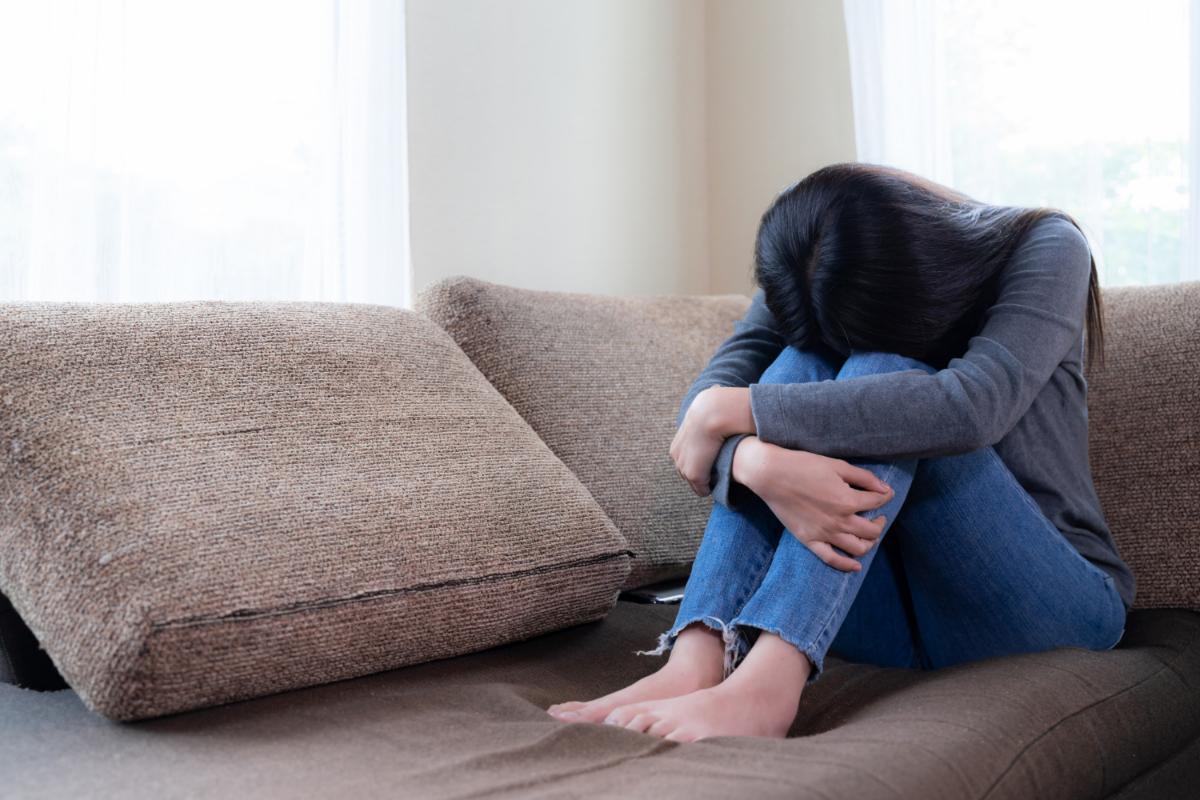Orlando Therapy For Depression

Depression affects 14.8 million Americans. The Journal of the American Medical Association (JAMA) published an article in November 2015 which reported that in the span from 1999 to 2012, there has been a nearly double rise in the use by Americans on anti-depressants from 6.8% to 13%. Research isn’t clear whether the impact is due to over-prescribing for symptoms that could be treated with alternative therapies, but it still indicates that reported depression is clearly on the rise. What does it feel like to have depression? What goes through the mind of the person who seeks treatment for feeling this type of way?
What goes through the mind of someone who is depressed?
Journal,
it’s me…again.
Every night I go to bed with the hopes of dying in my sleep, only to be deeply saddened when I awake in the morning.
Today I woke up with the same feeling of emptiness as I usually do, with no desire to get out of bed or face the world I don’t belong in.
When I look in the mirror, the reflection of the girl staring back at me seems so hopeless and lost, so misunderstood and broken. The world is constantly moving around her, yet she continues to stand so still—so weak and purposeless.
I’m told talking about “it” will help, but people don’t understand how hard it is to formulate words into sentences in order to explain something you yourself don’t even understand.
It’s all so suffocating—all of these feelings. I feel everything, yet at the same time I feel nothing. I feel so hopeless and worthless; like every breath I take is just a breath I take away from someone who deserves it. But with each breath comes panic. It’s like being buried alive with no way to get out of this 6-foot hole I have somehow dug myself into. On the outside I smile calmly and gracefully, but on the inside I tremble and shake like an earthquake right on the fault line.
Honestly, I’m not even sure who I am anymore. And who I think I am, I hate. It’s a never-ending cycle, day in and day out. Today was the same as yesterday, and tomorrow will be the same as today. You know the story. I tell it to you everyday. I guess I keep writing because I hope one day the story will change.
Maybe tomorrow will be different.
I should only be so lucky if tomorrow never came…
Until then,
Sincerely,
The Depressed
What do we know about depression?
We know that depression is a mental illness that disrupts the simplest of daily activities—interfering with sleep patterns, loss of appetite, lack of motivation and energy, and skewing concentration. We know that it inhibits joy, happiness, and creates a lack of pleasure that may have once been easy to come by. Depression is often not just something one can “get over” or “snap out of.” Clinical depression is much more different that just having a bad day, or a case of the blues. It is a serious medical condition that causes severe and intense sadness, bringing on feelings of helplessness and hopelessness, and inhibits one from functioning normally throughout their daily life. If left undiagnosed and untreated, depression can last for years, and possibly eventually end in suicide. Major depression holds the highest rate of suicide for any psychiatric condition, and unfortunately for the ages between 10 and 24, suicide is the third leading cause of death.
Depression is treatable with the right help.
Depression is a complex illness with various types and sub-types that can occur in all ages and both genders. Not everyone with a depressive illness will experience the same symptoms. Austerity, prevalence, and resilience all depend on the individual and his or her type of depressive illness. Research suggests that depression has numerous causes including chemical imbalance in the brain, incoherent mood adaptation, genetic predisposition, traumatic life experiences, medications, etc. It is considered that several of these causes can interact and bring on a depressive state of mind.
Depression ordinarily coincides with other serious mental illnesses such as anxiety, eating disorders, and OCD. Loss of pleasure in activities that were once enjoyable, feelings of guilt and worthlessness, fatigue and insomnia, and change in appetite are just a few signs of a depressive illness. (This article was submitted by guest blogger Ashley Campo, soon-to-be UCF psychology major grad student. Thank you, Ashley, for your most recent post.)
It’s important to know that depression is treatable. If you or someone you know is experiencing symptoms of depression, seek help from a trained mental health counselor or contact the Orlando Thrive Therapy office today at 407-592-8997 or email our counselors at orlandothrivetherapy@gmail.com. If you or a loved one is experiencing suicidal thoughts or intentions, please call the suicide prevention hotline immediately at 1-800-SUICIDE or 1-800-TALK.
